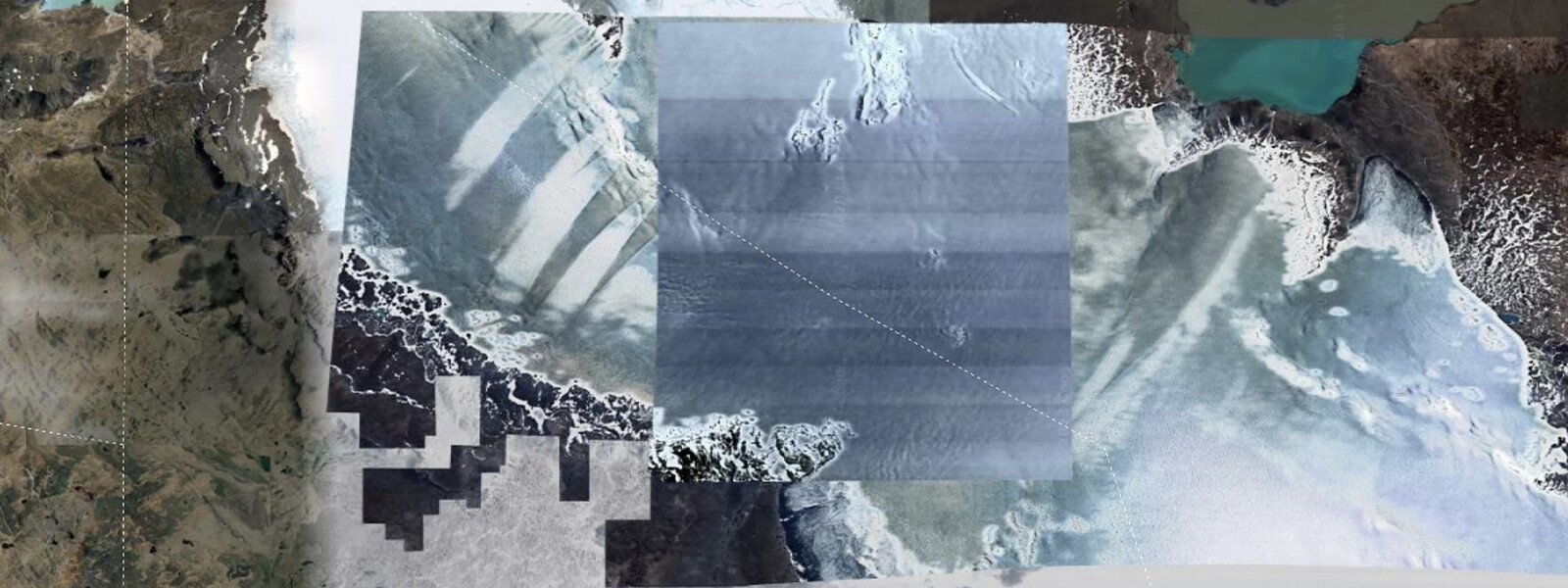Studio Technogeographies
Led by Martina Muzi, Studio Technogeographies is a new BA studio within the BA programme at Design Academy Eindhoven. Each studio represents a different view of design.
The studio is a theoretical and practical laboratory placing design and designers as active agents for imagining potential future scenarios inside our contemporary technogeographies—where for centuries, techniques and technologies have been defining (from the domestic to the geopolitical scale) our coexistence in our increasingly codependent societies.
→ Contemporary realm The studio places itself in the contemporary realm as a collective agency with a journalistic approach, exploring the complex techno-geographical systems of our planet where the relationships between the natural environment and the industries of humankind are fundamental. Reflecting this relationship, the studio focuses on the design education of the individual student and on the collectivity in which they/she/he think, act, perform, make, communicate.
→ Technogeographies of design Who, how, what, when and where we design, needs an understanding of geography beyond the politics which define and rule its territories. The fundamental question of 'how do we understand our geography?' will be carried by looking inside and outside of geographical territorial borders. By exploring where society exists, produces, consumes, performs—above and below, inside and outside, centrally and marginally, visibly and invisibly, online and offline.
→ Territories The studio is interested in positioning students of the design discipline within the critical geopolitical discourse where the understanding of the meaning of territory—from a geographical, economical and political point of view—is fundamental for creative design production, both outside and inside the territorial sovereignty of nation-states identities and control. The studio is not about geopolitics but links the design discipline to its discourses and systems.
→ Scales and units The studio believes that the observations of designers are needed within a critical geopolitical discourse as much as geopolitics is a necessary tool of study for creatively imagining and making our interconnected futures—a point of view within the systems of our planet which is able to include who and what is left outside the national or global mainstream picture. It critically approaches the discourse by reversing geopolitics from the macro-scale of international relations to the micro-scale of interconnected units performing inside or outside national territories.
→ Theory and practice The design discipline acts in an interconnected landscape of systems, resources, bodies, laws, policies, machineries, tools, energies, cultural artefacts, supply chains, devices, technologies, economies, places, ecosystems, and infrastructures at different scales. The studio visions it is possible to navigate such large, complex and interconnected landscapes by starting from tangible everyday subjects and objects. The vision of the studio forms the working method and the structure of its pedagogy allowing different scales of design observation and participation from one to many.
Collaborative Projects
2023: Collaborative student project, called ‘Atlas of Distances’, with Politehnica University Timisoara, Faculty of Architecture, Romania, as part of a Virtual International Collaboration, a grant funded by the Dutch Ministry of Education. The students examined how proximity is created by digital transformations and stories, how places far from one another can be connected and how territorial borders can be transcended. The project was included in the Timisoara 2023 European Capital of Culture. 2024: Exhibition at Z33 in Hasselt (BE), showing the outcome of students of semester 1, 2023-2024. 2024: Collaborative student project with the Iceland University of the Arts.
